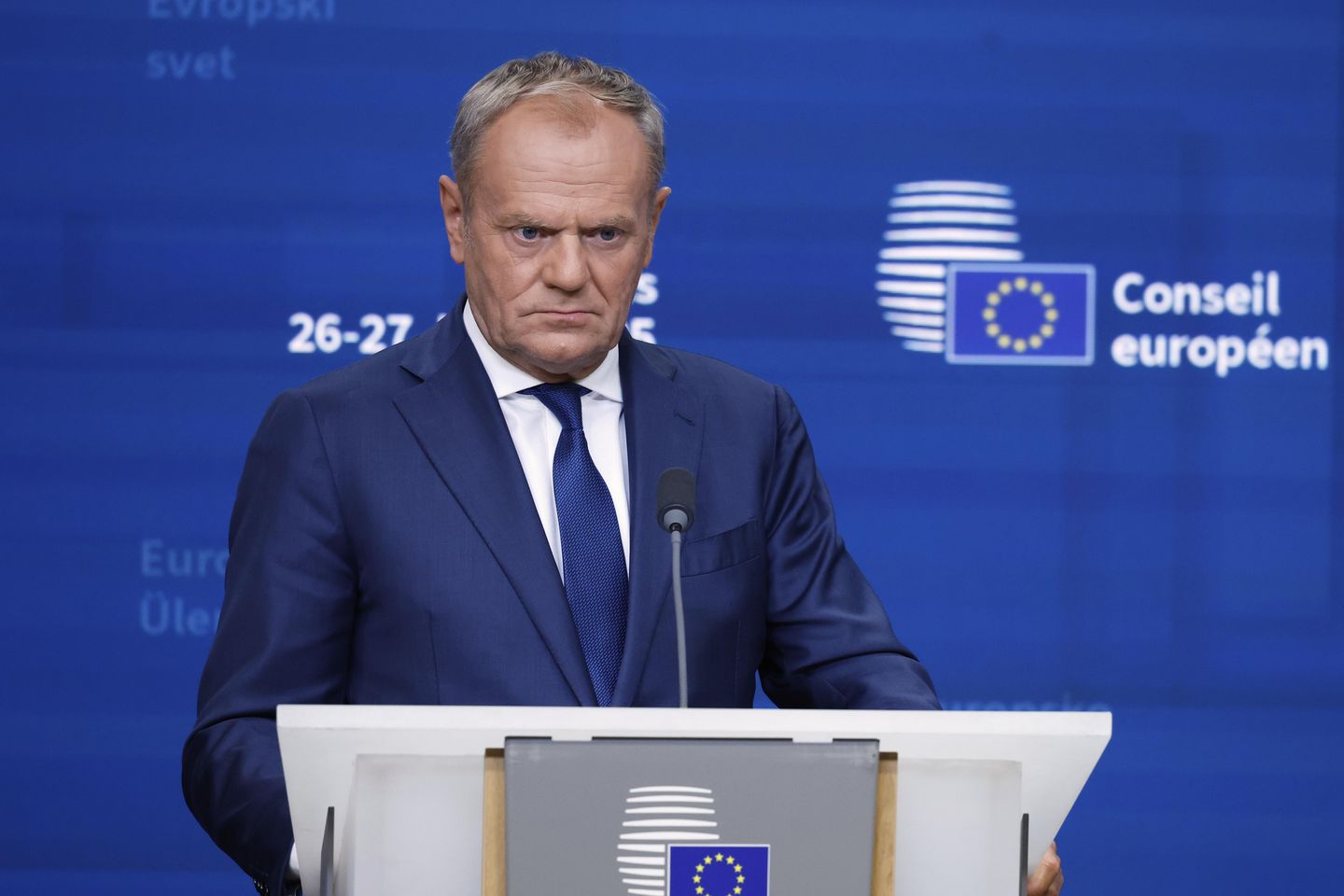
Polish Prime Minister Donald Tusk announced Tuesday that his country will introduce temporary border controls with Germany and Lithuania, raising questions about the future of free movement of people between European nations.
Mr. Tusk said the new controls will go into effect on July 7, citing increased illegal immigration as the main reason for reinstating border controls.
“We consider the temporary reintroduction of controls necessary to reduce the uncontrolled flows of migrants across the Polish-German border to a minimum,” Mr. Tusk said Tuesday.
Poland, Germany and Lithuania help comprise the Schengen Area, a zone of 29 European countries that have ended internal border controls and allow people to move freely without passports.
Mr. Tusk’s decision to resume border controls comes amid increasing scrutiny from Polish conservatives over the liberal government’s handling of immigration. While the Tusk government asserts that the overall number of immigrants Poland has accepted from Germany and Lithuania has been limited, conservatives argue that the limited border controls are a threat to the country’s security.
Other European countries have also taken steps to increase border security amid the Russia-Ukraine war, which has created millions of refugees since 2022. Last year, Germany established harsh restrictions on its eastern border in response to increased immigration coming from Poland, with Chancellor Olaf Scholz extending the restrictions by six months this past February.
Upon succeeding him in May, Friedrich Merz further increased security on the German-Polish border and promised to turn away some migrants.
“We naturally want to preserve this Schengen area, but freedom of movement in the Schengen area will only work in the long term if it is not abused by those who promote irregular migration, in particular by smuggling migrants,” the German chancellor said Tuesday.
The Tusk government says Germany’s hardline policies have forced Poland to accept immigrants turned away at the German border, placing an undue strain on the nation’s resources.
“We have been defenders of the Schengen Area and remain advocates of a Europe with open borders and unrestricted movement. However, such a system requires the same, symmetrical commitment from all neighbouring countries,” Mr. Tusk said.
Mr. Merz said he was aware of Mr. Tusk’s concerns, adding that he spoke with the prime minister recently about the issue. The chancellor asserted that Germany is dedicated to working with Poland to curb illegal immigration in both directions, calling it a “common problem.”












